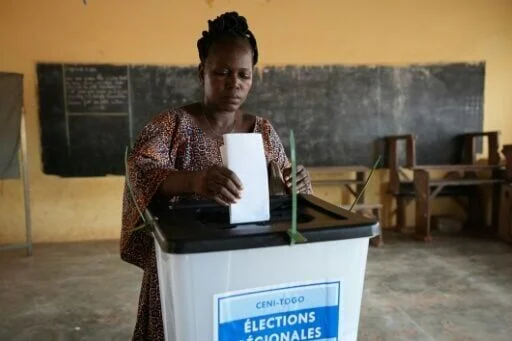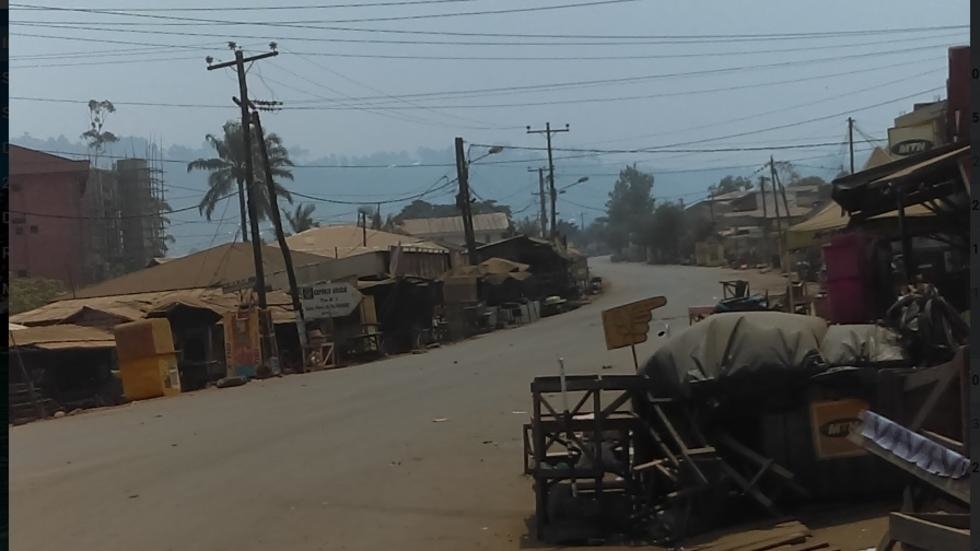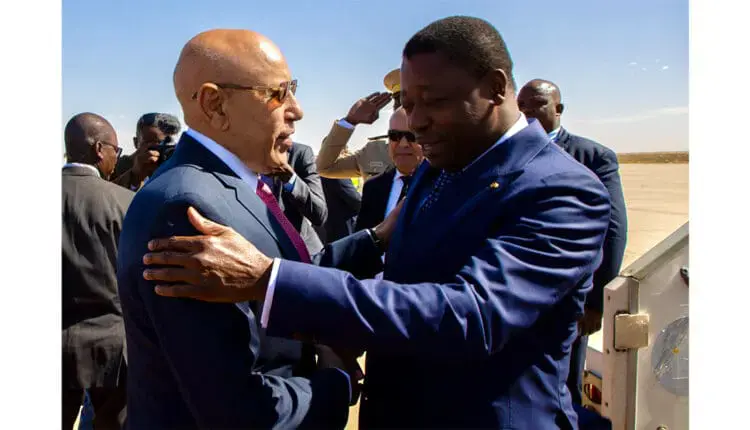Some 4.2 million eligible Togolese citizens vote in delayed and controversial legislative elections this Monday (29 April) to decide if President Faure Gnassingbe will extend his family’s decades-long grip on power.
Voting got under way following approval of divisive constitutional reforms by the outgoing parliament that opponents have called a “constitutional coup” because of concerns it allows Gnassingbe to extend his 19-year-old rule.
New changes to the constitution adopted on 19 April have shifted Togo from a presidential to a parliamentary system of government in which the president will be elected by parliament instead of by universal suffrage. In this new political system, power resides with the new president of the council of ministers, an all-powerful super-prime minister, who automatically will be the leader of the majority party in the new assembly. Since the president’s Union for the Republic (UNIR) party already dominates the parliament, if it wins the vote, Gnassingbe can assume that new post.
Against the backdrop of these constitutional changes, opponents fear they are tailored for Gnassingbe to avoid presidential term limits and extend his tenure for life, which has caused tensions in a West African region already plagued by instability. Economic Community of West African States (ECOWAS) has sent a team of 40 observers to Togo to monitor the vote. Gnassingbe succeeded his father Gnassingbe Eyadema, who ruled for almost four decades himself following a coup in the small coastal West African state between Benin and Ghana. Many crises in West Africa were the result of unilateral constitutional changes, postponing of elections, or succession crises like in Guinea and Togo.



